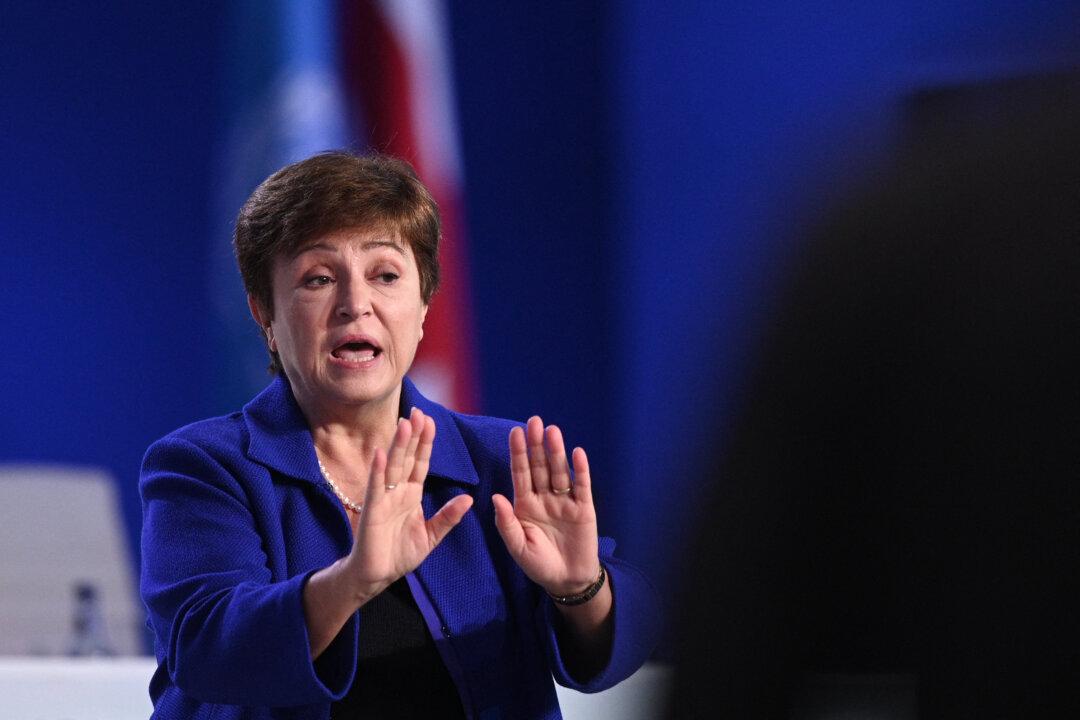International Monetary Fund chief Kristalina Georgieva weighed in on the U.S. debt-ceiling standoff, warning in a recent interview that unless U.S. lawmakers take negotiations “very seriously,” then an “unthinkable” debt default can happen, with “very damaging” effects, including even higher interest rates and inflation.
Georgieva made the remarks during an interview on CBS that aired on Feb. 5, which came on the heels of what she described as a “less dire” IMF economic report that saw some adverse risks moderating since the agency’s prior report several months back.





